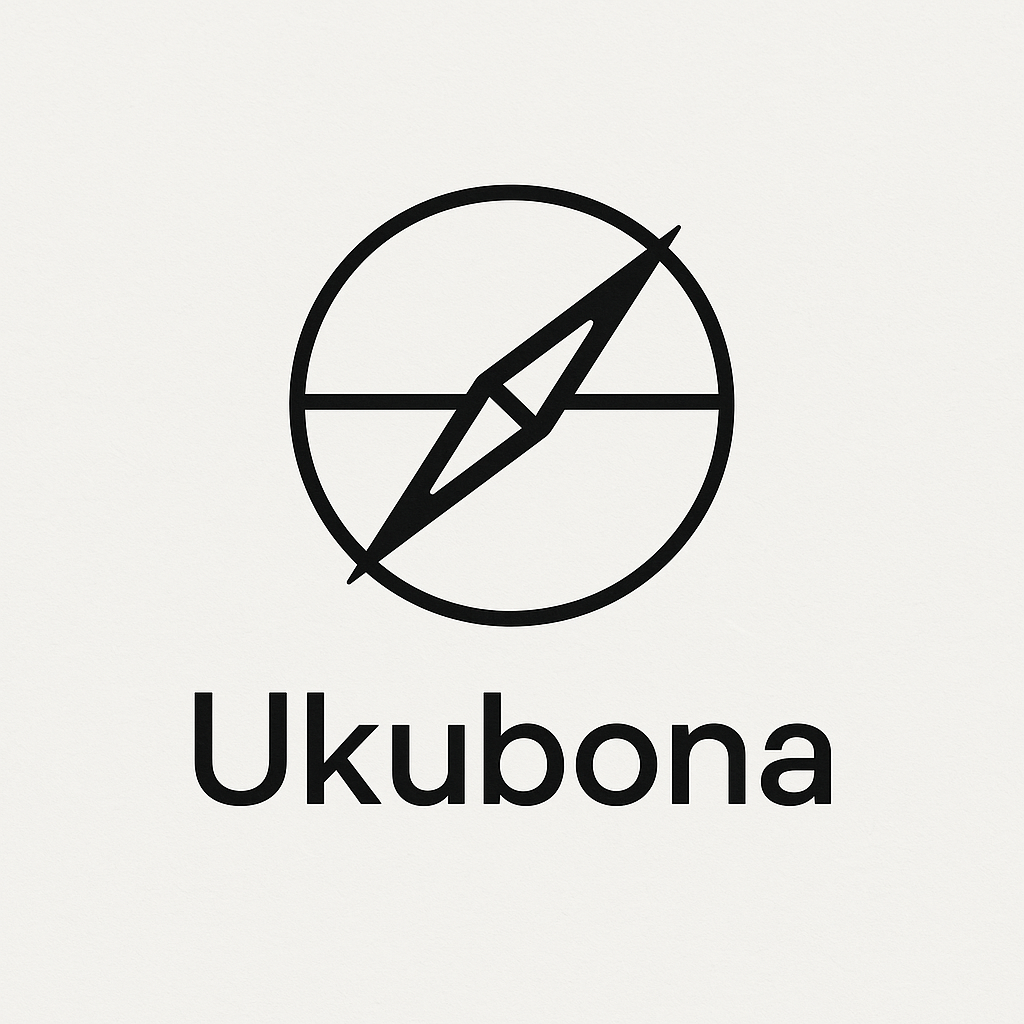Living Risk: The Biological Substrate 🧬#
“The kidney, once halved, does not scream.
But it remembers.
And if it cannot speak, it whispers through filtration.”
Life is not an abstraction. It is embodied, wet, aging, adapting. Before we model risk, we must reckon with biology—not as machine, but as evolving compromise.
In the case of kidney donation—our demo use case—this reckoning centers on nephron loss, glomerular senescence, and the body’s compensatory elegance… or its failure.
🧠 Kidney as Prototype, Not Limit#
Why start here? Because the kidney embodies the tension at the heart of all risk:
It filters the world’s excess.
It adjusts under constraint.
It hides pathology until it cannot.
Living kidney donation—particularly among older adults—presents a paradox: people give an organ precisely because they are healthy, only to incur biological stress because they gave.
Risk here is not imposed. It is invited.
And yet, it must be honestly counted.
⚖️ Aging & Resilience#
The kidney of a 25-year-old does not respond like that of a 65-year-old. Yet informed consent often ignores this.
This is where Ukubona begins: acknowledging that life is age-stratified, resilience is uneven, and risk is personal.
We must ask:
How does baseline kidney function decline with age?
What role do comorbidities play in masking vulnerability?
When does adaptation become overload?
These questions are not just clinical. They are existential.
📊 From Biology to Model#
In the app demo, we model life after nephrectomy as a probabilistic trajectory. But the slope of that trajectory depends on:
Estimated GFR at baseline
Age and blood pressure
Presence or absence of diabetes
Urine protein levels
Education, self-rated health, and BMI
Each of these is a biological signal—but also a social clue. Risk is never purely medical.
🐚 A Note on Fragility#
Life is not fragile because it is weak. It is fragile because it is interdependent. Take one part away, and the rest must relearn balance.
Whether we study the kidney, the heart, or the earth’s ecosystems, the pattern is the same:
Loss is not the end.
It is the test.
Next: Ecosystem—where we ask not what the organism is, but what it belongs to.

